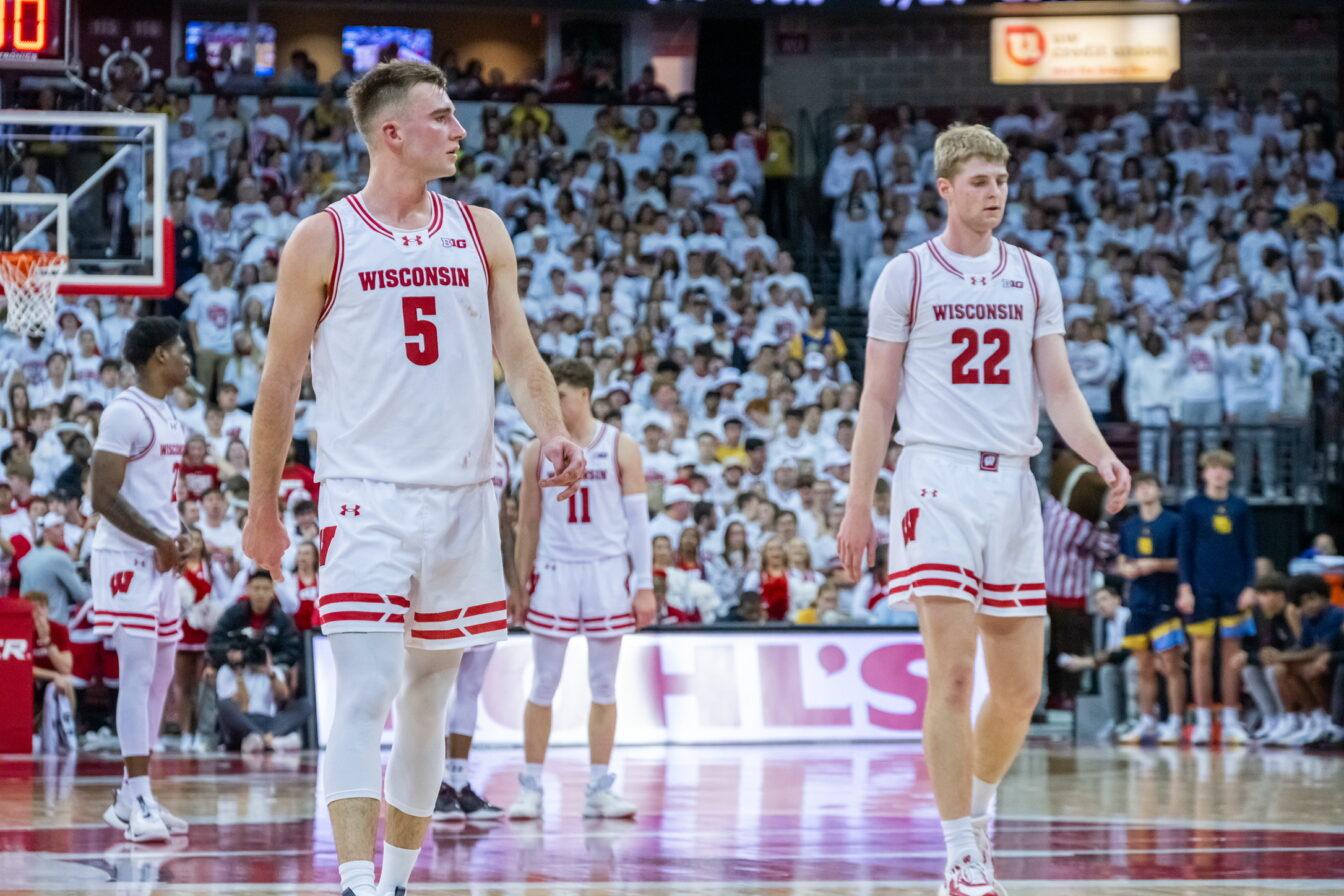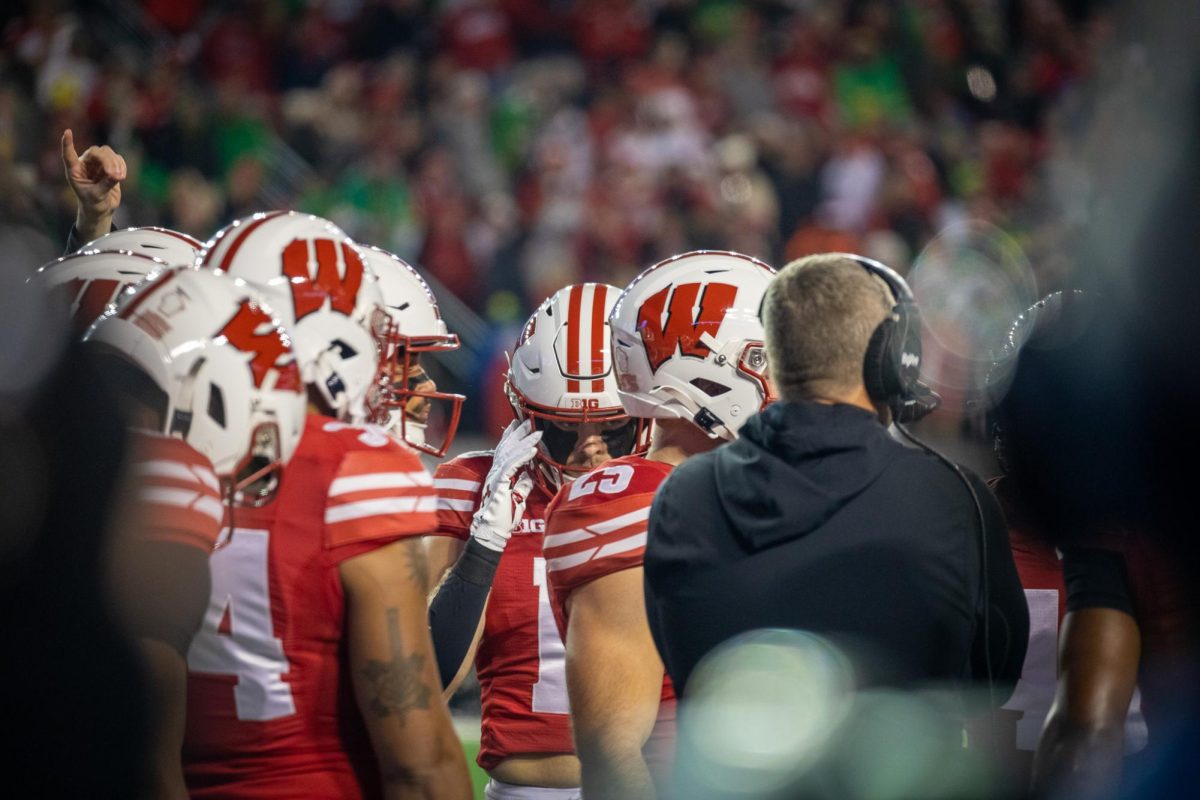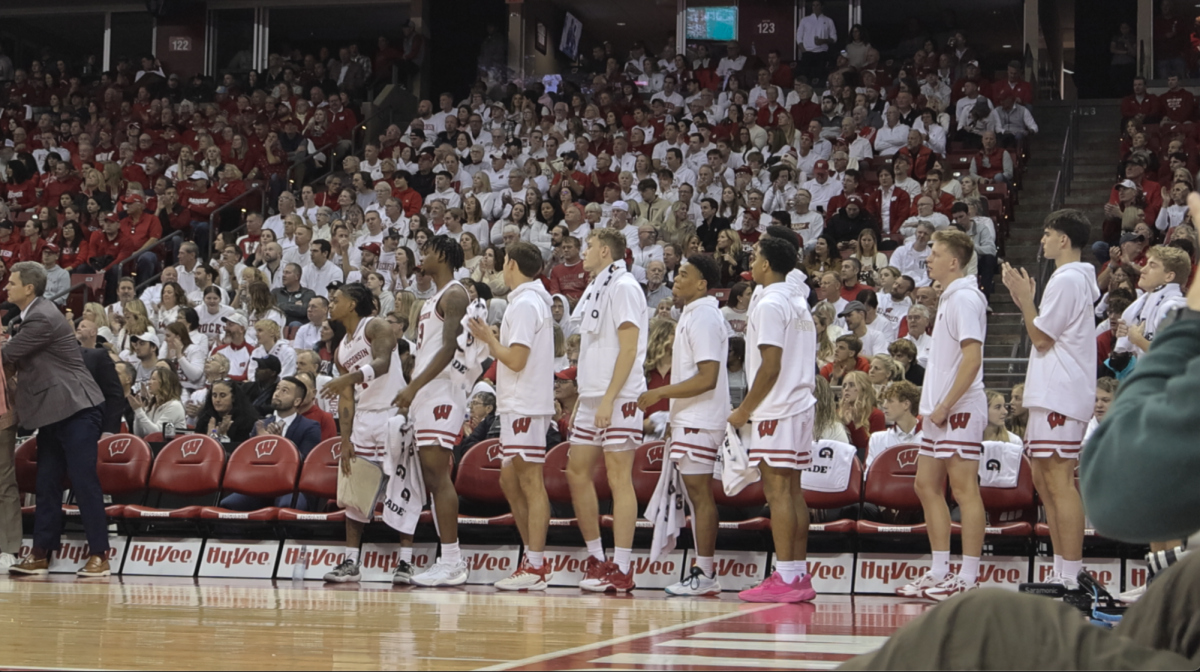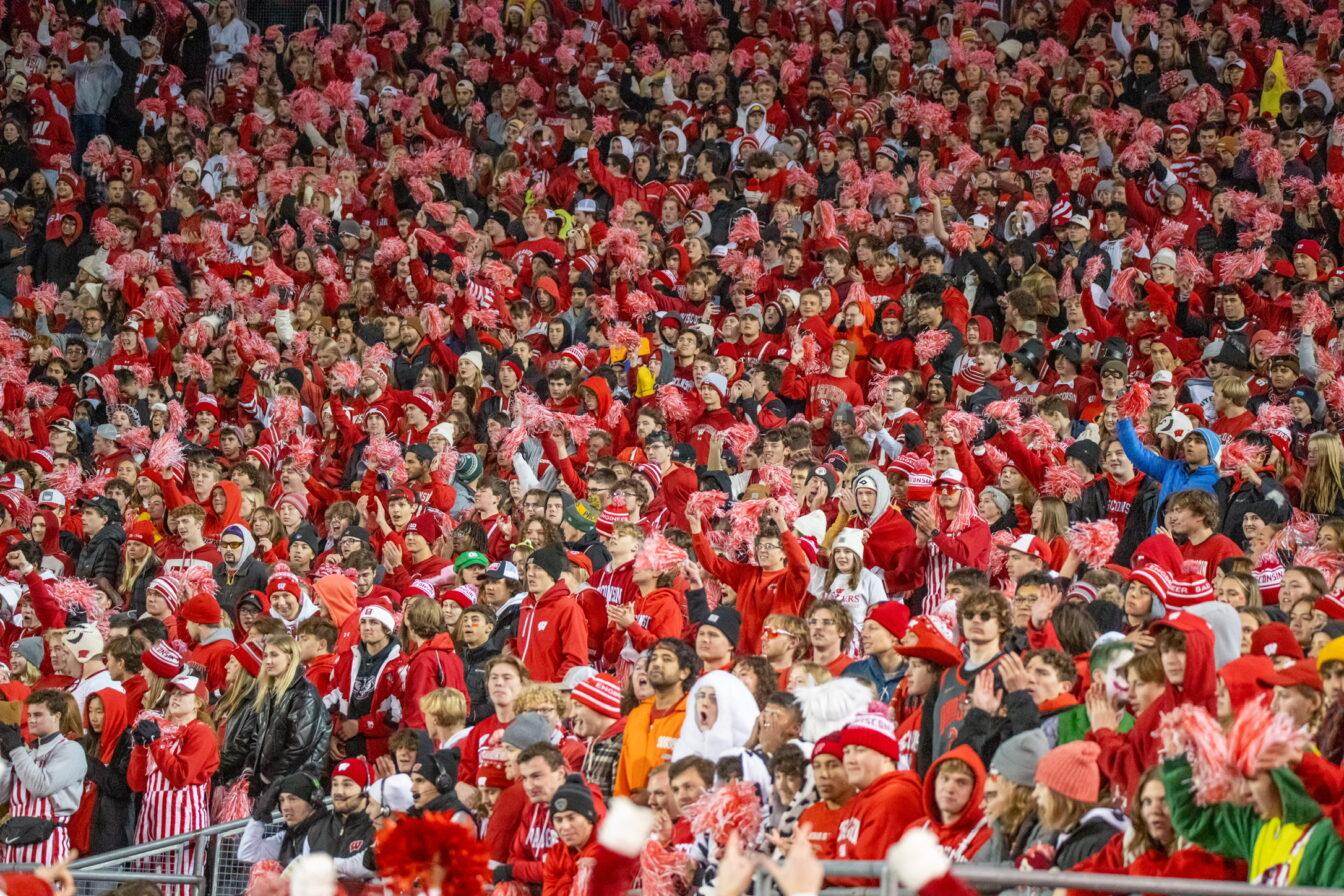Former University of Wisconsin football star and athletic
director Elroy “Crazylegs” Hirsch passed away due to natural causes
Wednesday morning at the age of 80.
Hirsch, a native of Wausau, Wis., and an eight-year standout for
the L.A. Rams (1949-57), was one of the most revered and beloved
athletic figures in school history.
“There has never been a more loved and admired ambassador for
Badger sports than Elroy Hirsch,” UW Athletic Director Pat Richter
said. “His charismatic and charming personality brought smiles to
so many Badger fans. Anyone who came into contact with him enjoyed
a special treat. He loved life, loved people and loved the
Badgers.”
Hirsch played as a triple-threat halfback for the 1942 Badgers,
leading the team to an 8-1-1 record as a rusher, passer and
receiver. On the year, he accumulated more than 1,400 yards of
total offense and etched his name in the minds of UW football fans
forever.
“Elroy was the most charismatic athlete I ever knew,” said
former Wisconsin State Journal sports editor Tom Butler. “I was in
school at the UW with him, and he was the first really prominent
athlete we had.”
Hirsch’s impressive season would be his last in a Badger
uniform, however.
With World War II taking center stage across the world, UW’s
star athlete decided to join the Marine Corps and was transferred
to the University of Michigan shortly thereafter.
While enrolled at Michigan, Hirsch continued his decorated
athletic career. He became the only athlete in Wolverine history to
letter in four sports (football, basketball, track and baseball)
and led the 1943 Michigan football team to a No. 3 ranking in the
final AP poll.
At the conclusion of his stellar career at the collegiate ranks,
Hirsch brought his athletic prowess to the NFL. As the pro game’s
first true flanker, he set league records for catches, receiving
yards and touchdowns for the 1951 Rams and was named to the first
of three consecutive Pro Bowls after that season.
He finished his NFL career with 387 receptions for 7,029 yards
and 60 touchdowns, later earning him a place in Canton, Ohio’s, pro
football Hall of Fame.
After his playing days were over, Hirsch served as the Union Oil
Company’s director of sports and special events.
His days of being involved with the NFL would not be over,
however.
He returned to the Rams’ organization in 1960 to become the
team’s general manager, succeeding the legendary Pete Rozelle, and
it would not take long for Hirsch to begin showcasing his savvy in
the front office. A year after assuming the position, he helped
orchestrate a trade that eventually led to the acquisition of
future NFL greats Roman Gabriel and Merlin Olsen.
Then, after 20 years with the Rams as a player, general manager
and assistant to the president, Hirsch left the organization to
become athletic director at the University of Wisconsin. And, as it
turned out, he came just in the nick of time.
When Hirsch came aboard as director in 1969, the Badgers were
$200,000 in debt and ticket revenues were dwindling. The football
team was coming off 20 winless games over two seasons, and the
entire athletic department was in dire straits.
But Elroy Hirsch proved to be the shot in the arm the Badgers
needed.
During his tenure, the UW athletic department expanded its
sports offerings from 12 men’s sports to 25 men’s and women’s
programs. Wisconsin enjoyed a number of successful seasons in many
sports while the department was on Hirsch’s watch, including
national championships in men’s hockey, men’s and women’s crew, and
men’s and women’s cross country. Most notably, however, is the
impact he had on the Badger football program.
Hirsch helped raise attendance at home games from 43,000 in 1968
to more than 70,000 per game in just four years on the job.
“I think he turned this whole program around,” long-time
supporter of UW athletics Butch Strickler said. “Things were in bad
shape when he came here and he turned things around with his
personality; nothing else, just his personality. He got along with
everyone, young and old, and he made things work.”
Hirsch resigned from his position as athletic director in 1987
but remained active as a supporter of Badger athletics. His
nickname, “Crazylegs,” is celebrated every spring with the annual
Crazylegs Run in Madison, which is one of the athletic department’s
greatest fund-raisers.
Charlie Montgomery, a longtime friend and golf buddy of Hirsch,
first remembers meeting the UW legend at a football banquet when
his son, Mark Montgomery, was starring for the 1975 Reedsburg
Beavers. For as long as he can remember, he, Hirsch and former UW
wrestling coach Duane Kleven have been going on summer golf outings
at Trapper’s Turn. And, according to Montgomery, Hirsch was truly
one of a kind.
“As he’d play golf, he’d always joke around and was always
having a good time,” Montgomery said. “He was just the kind of
person who’d do anything for anybody. You don’t find many people
like that today. He was just a very, very accommodating
person.”
Hirsch owes his moniker “Crazylegs” to sports writer Francis
Powers, who coined it in a recap of a 1942 Badger game at Soldier
Field. During a 61-yard touchdown run, Powers said Hirsch’s “crazy
legs were gyrating in six different directions all at the same
time.” The name characterized one of the most unique running styles
in football history, and it became the namesake of an even more
unique man.
“I can remember watching him play football,” Montgomery said.
“When he ran with the football, his legs would just go anywhere and
everywhere, and a lot of the times when he scored a touchdown, you
couldn’t believe he’d get where he was going. But he always got
there.”
Hirsch’s No. 40 is one of four retired numbers on the
fa�ade of Camp Randall, but the man himself will remain No.
1 in Badger fans’ hearts forever.







